 |
That sounds like a tough title to deliver on, right? No worries; I've got it covered! I'm reviewing a book that is a must read for anyone who is not mega experienced in caring for a dog. Whether you're just getting your first pup, or have had dozens, there's still something to be learned in this exceptionally to-the-point, book about the basics. Wow; was there a lot I didn't know.
Reviewing the Table of Contents tells all. Each chapter has a title that is a dead giveaway for proactive content. I like that! I am one of those insanely prepared people. Yes, I was a Girl Scout. The bottom line is you'll learn how to prevent common dog issues and how to be prepared for emergencies with this book. Again, a must read!
I especially love that the author, Dr. Jason Nicholas, included a section on prevention of toxicities (I'm all about avoiding chemicals, in case you didn't already know that) and even tackled some of the simple, yet extremely important tips you'll wish you had read years ago. This is where his experience really shines. As I share a few of the highlights that may or may not be surprises to you, stay with me. At the end of this post, I'll share my top two picks for great new information.
Here are some of my favorite finds in this excellent guide for all dog owners:
- Household items that must always be kept out of reach or secured for your dog's safety: batteries, magnets, gifts, cat litter, trash cans, compost piles, fishing gear, dirty laundry, baby bottle nipples and pacifiers, and an extremely obvious one--dirty diapers.
- Prevent a number of potential traumas with these proactive activities: leave dogs inside while doing yard work, fence in your pool and drown-proof your dog (teach him how to get out!), pay attention to your dog at the dog park, steer clear of sticks as a toy or fetch item, place power cords securely behind furniture or other barriers, use reflective vests or lights when walking Fido at night, take care around dangerous objects that move without Fido's understanding (escalators, paper shredders, rockers and recliners, don't allow your pack to "work it out on their own"--prevention is key, don't allow heads outside the car window, check fitted items as your pup grows, and let a groomer remove mats from fur safely with trimmers.
- Prevent toxicities with these tips. Keep well out of reach: plastic bags of all kinds, purses, diaper bags, backpacks, medications, plant bulbs, gum, antifreeze, poisonous foods for dogs, home and garden pest poisons, houseplants, poisonous outdoor plants such as Sago palms, and local wildlife dangers. Supervise cooking and countertop foods carefully.
- Prevent diseases and illnesses and recognize the signs. Follow your Veterinarian's preventive care advice including grooming, ear and mouth care. Watch for changes in your dog's habits and interests. Don't be that person who leaves a dog in a car on a warm day. Heat stroke kills.
- Prevent multiple problems with these tips: Fence your yard, provide a truly pet-safe area inside, keep your dog indoors when fireworks are anticipated, supervise young children and babies with your dog, prevent bolting, make time for walks, training and play, emphasize puppy socialization to reduce many behavioral issues down the road, secure your guests' rooms when they are away, and train seriously use leashes on all walks.
- Prevent emergencies: keep a pet first aid kit at home and in your car, keep pet E.R. and poison control numbers in your phone, consider health insurance to help manage healthcare costs, educate yourself on pet first aid, travel with a copy of your pet's vaccine record and most current rabies shot, and don't induce vomiting until you have talked to poison control or a veterinarian.
Because of the small openings between deck boards and crate wiring, small openings can sometimes catch items and trap a dog. For this reason, your dog should not be left in these areas while wearing choke chains, pinch collars, or dangling ID tags. Consider ID tags that lie flat against your dog's collar for better safety and comfort.
And my second choice for an outstanding tip is #67: "Be aware of Salmon Poisoning Disease." I'll admit it. I have never hear of this. Dr. Nicholas indicates it is exclusive to the Pacific Northwest, so I'm vindicated being a Florida native. But I'm headed that way soon enough on a trip with dogs in tow, so that's a topic I plan to read up on now that I know it is potentially deadly.
Join me? After you've read the details of some of my highlights above in a copy of 101 Essential Tips, let's all do our homework to assure our dogs don't turn up with any of these surprising problems. I've already Googled this disease and learned that this disease only strikes dogs. Other animals and humans are not susceptible. Check this out and pat yourself on the back for learning one more thing to help your dog stay healthy and happy.
The sad news about Salmon poisoning is that 90% of infected dogs that go untreated will die within about 14 days. This is just one of the amazing and life-saving tips you'll learn about in this terrific book. Please read it cover to cover. You and your dog will benefit greatly.
Dr. Jason Nicholas, BVetMed, is the founder of The PreventiveVet.com, a site where you can learn more to prevent, be aware and be prepared. You'll find lots of free downloads there, so visit and enjoy. You'll also find Jason on Twitter and Facebook.


















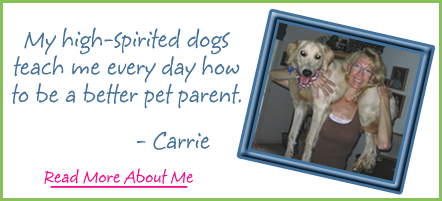
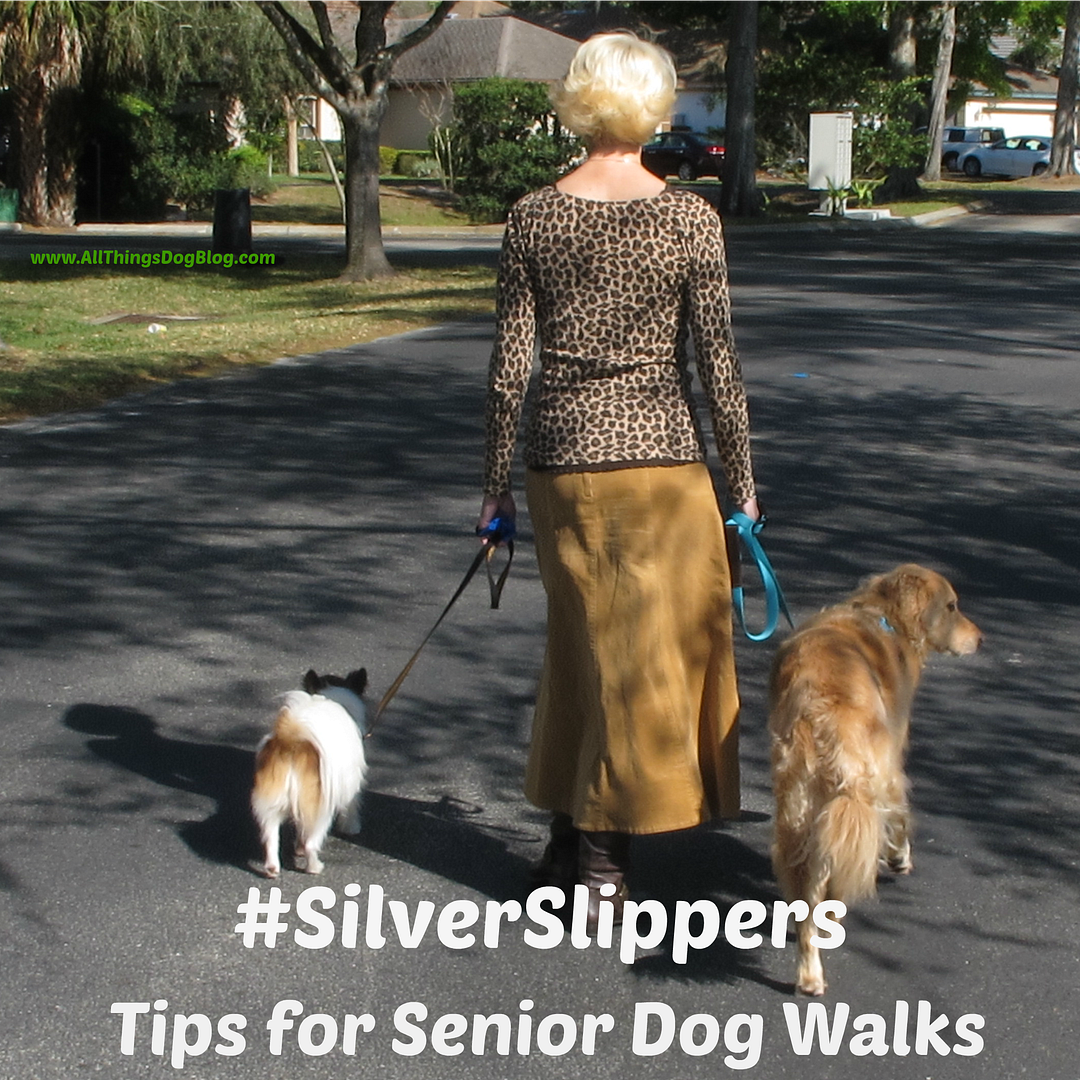








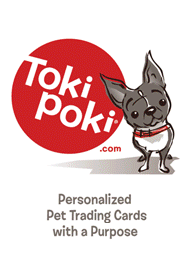
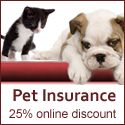


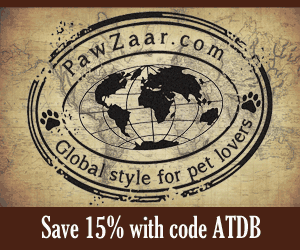
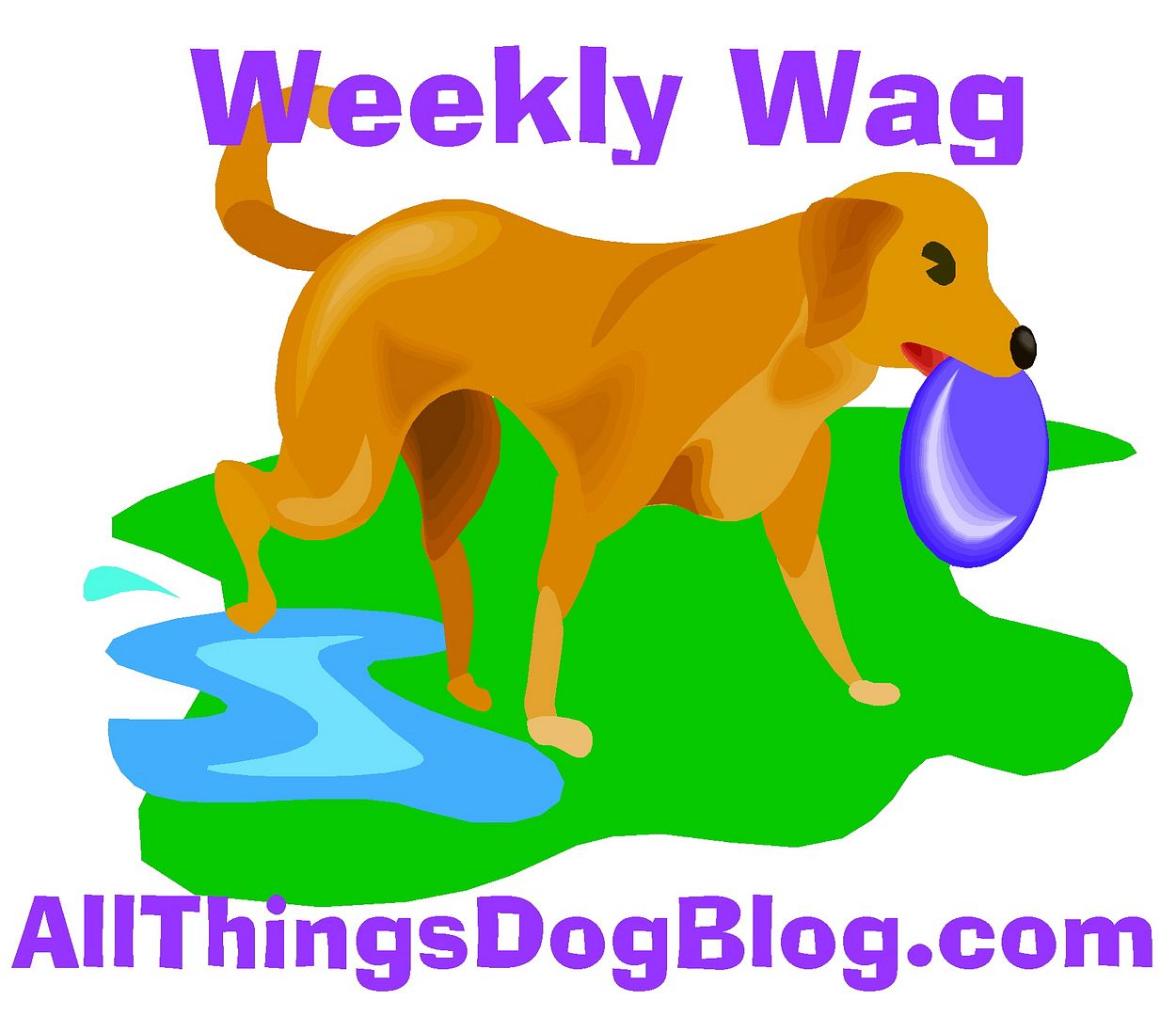


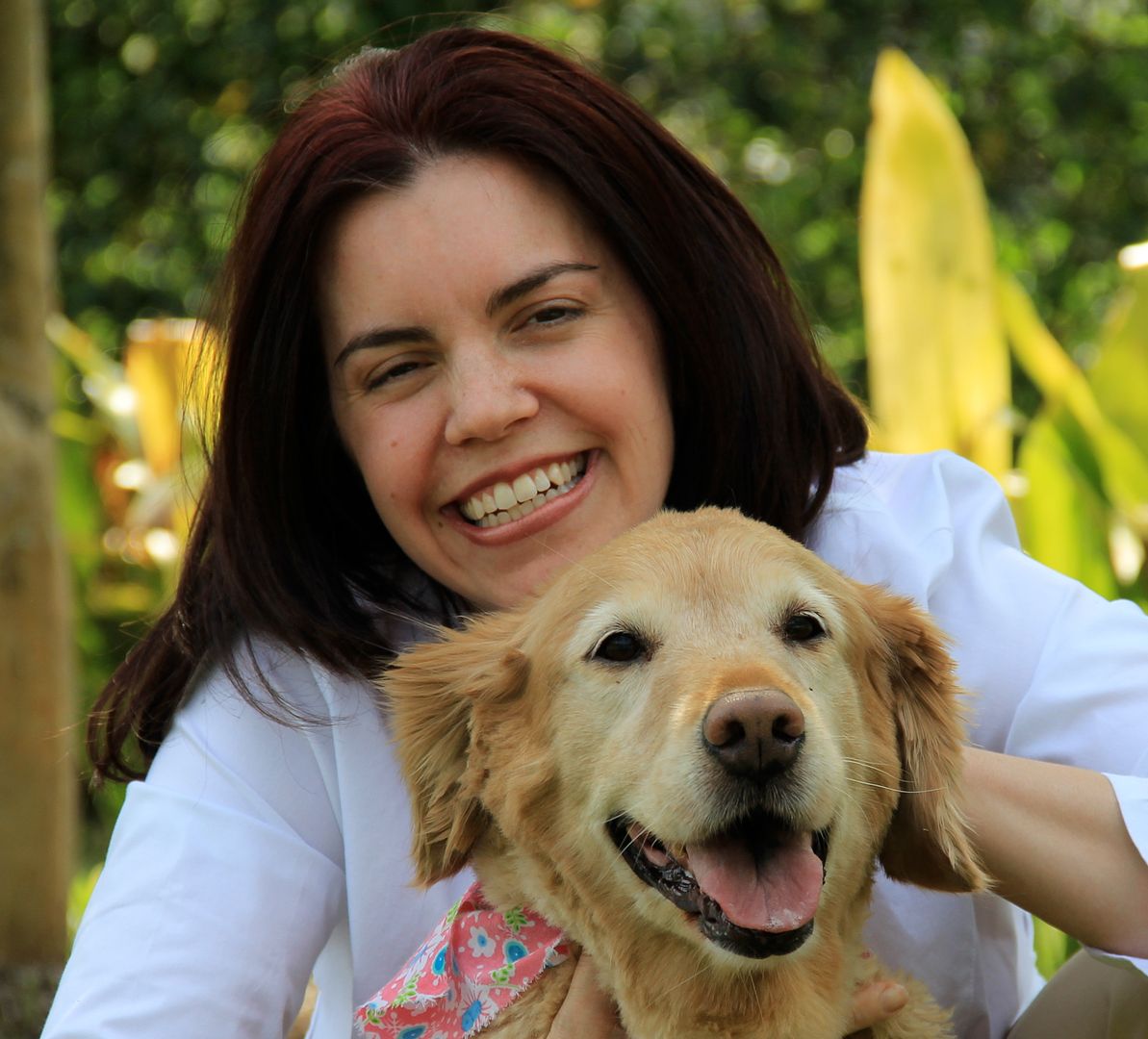



6 comments:
evie said...
Be aware of Salmon Poisoning Disease
i google this and saw lots of different comments from 2013. now i am curious abt feeding salmon skins....
Unknown said...
My dogs had to be treated for salmon poisoning once. They didn't have symptoms, we just happened to go into the vet for check-ups after a weekend at the beach AND I inadvertantly mentioned the dogs finding a dead salmon. The vets jaw dropped, he turned pale and went into triage mode. I learned a lot and I have lived in Pacific Northwest with dogs my entire life! All was well with my dogs but I have worked hard to spread the word about this terrible disease and I never, EVER allow my dogs off-leash on the beach during spawning times. Thanks for the post! I'll be sharing it around.
Dawn said...
Sounds like the perfect read for a new dog owner. Having grown up in the Pacific Northwest, I know exactly what salmon poisoning is. We went camping a lot with out dogs and had to be very careful about them getting into stuff by the water. I remember one dog getting it and not pulling through and another dog who did manage to survive it. It is awful to see them suffer.
Mark Athens said...
Thanks for sharing this! Will definitely check before feeding next time to our dogs!
Jasmine Sims said...
Dogs are considered to be the humans best friends. That makes proper care of them a very important factor. I would like to thank you for sharing these highly informative 101 tips for taking a good care of the dogs one usually loves.
Understanding Dogs said...
Great post! Been reading a lot about dog ownership tips. Thanks for the info!
Post a Comment